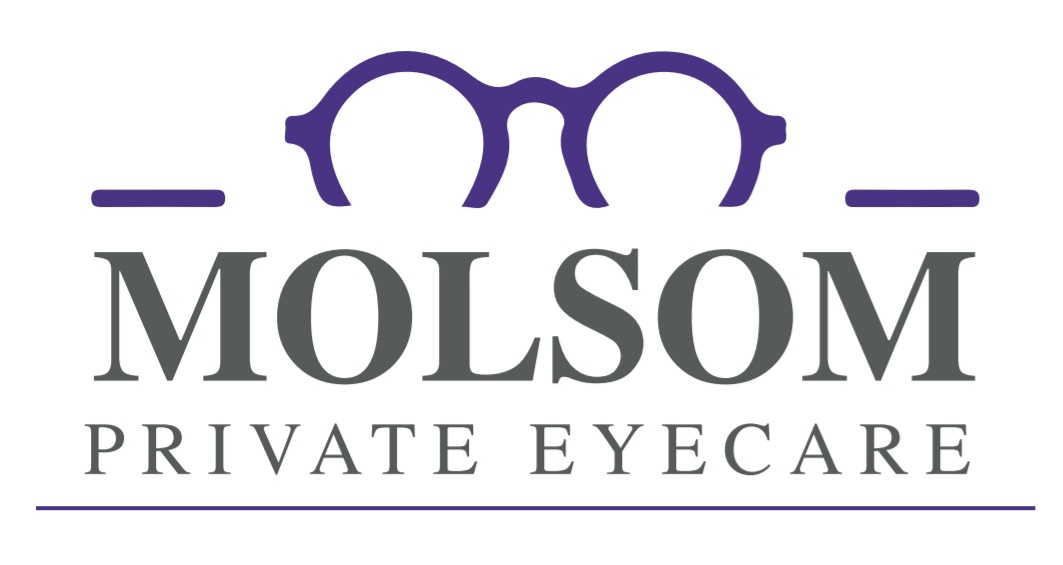National eye health week 2019
Each day this week to celebrate National eye health week 2019 we will be bringing you different focus areas to raise as much awareness around eye health as possible.
Wednesday will focus on Sight after sixty, caring for aging eyes.
Visual acuity declines & our risk of developing a sight-threatening eye condition increases as we age.
This is due to a number of factors including:
The natural ageing process – the lens inside our eye actually begins to stiffen from about the age of ten. It isn’t until we reach our mid- to late-forties that we start noticing problems trying to focus when reading or doing close work.
Environmental factors – the cumulative effect of exposure to UV light can impact on the quality of our vision.
Lifestyle factors – over time a poor diet, smoking and lack of exercise can all have a negative impact on our vision.
Genetic factors – the quality of our parents’ vision can be a good indicator of how well, or not, our eyes and vision will age.
And, regular eye testing – regular sight tests are vital to ensure we maintain healthy vision.
In fact, by the time we reach our 60s over 96 per cent of us will require some form of vision correction.
In addition to conditions such as long- and short-sightedness there are a number of eye conditions that are age-related. Age-related Macular Degeneration (AMD)
This impairs your central field of vision and is Britain’s leading cause of blindness, affecting an estimated 600,000 people across the UK. For more information about macular disease visit www.macularsociety.org
Glaucoma is a condition that affects the optic nerve and disturbs your peripheral vision. If left untreated it can lead to total loss of sight.
For more information about glaucoma visit www.glaucoma-association. com
Twenty six per cent of all cases of sight loss in people aged 75 and over is due to untreated cataracts. This is despite the fact that vision can usually be restored with a routine surgical procedure.
Dry Eye (Keraconjunctivitis Sicca) a condition where the tear glands are not creating enough, or creating poor quality, liquid to keep the eyes lubricated and comfortable.
Dry eye is the most common cause of eye irritation in people aged 65 plus.
Presbyopia is a natural part of the ageing process. It occurs when the crystalline lens in the eye loses its flexibility and makes it more difficult to focus on close objects.
Floaters are little dots or tadpole-like shapes which appear in our vision. These are caused by age and the general wear and tear of our eyes. Occasionally this can be an early warning of a detached retina so be sure to visit your optical practice straight away if you notice a sudden onset or rapid increase in the number of flashes or floaters in your vision.
Poor uncorrected vision can have a significant impact on our social and physical well-being however, more than four million OAPs miss out on vital sight tests every year*. That is despite the fact that sight tests for the over 60s have been free on the NHS since April 1999. A simple sight test could help improve the quality of life for millions of pensioners.
It’s recommended that everyone has their eyes tested every two years, unless advised otherwise by their optometrist.
If you have a physical or psychological illness that leaves you or a loved one housebound ask your local optical practice about domiciliary sight tests that can be carried out in your home, a residential care home or at a day care centre. Visit https://www.outsideclinic.co.uk//
For more advice about looking after your eyes visit www.visionmatters.org.uk
*Figure calculated using ONS population data, Sight Test Volume and Workforce Survey and GOS:Ophthalmic Statistics
For more information about looking after your eyes visit www.visionmatters.org.uk
All the information used is taken from the free leaflets available in the practice and published by Eye Health UK (registered charity no 1086146). Links to the leaflet are included below;
http://www.visionmatters.org.uk/electronic-resource-centre/electronic-resource-centre
As a multi award winning Opticians let us care for your eyesight, giving you peace of mind.
With advanced eye examinations many of the eye conditions mentioned above can be identified early. Over 60’s are entitled to a NHS funded eye exam but at Molsom & Associates we have our Platinum eyecare plan to give total peace of mind. For a small monthly payment you can have advanced eye examinations when required, rather than having to wait two years with the NHS. Our extra clinics are covered within the membership. And of course your member benefits and discounts! Sight after sixty – let us look after you.
Quality Family Eyecare

